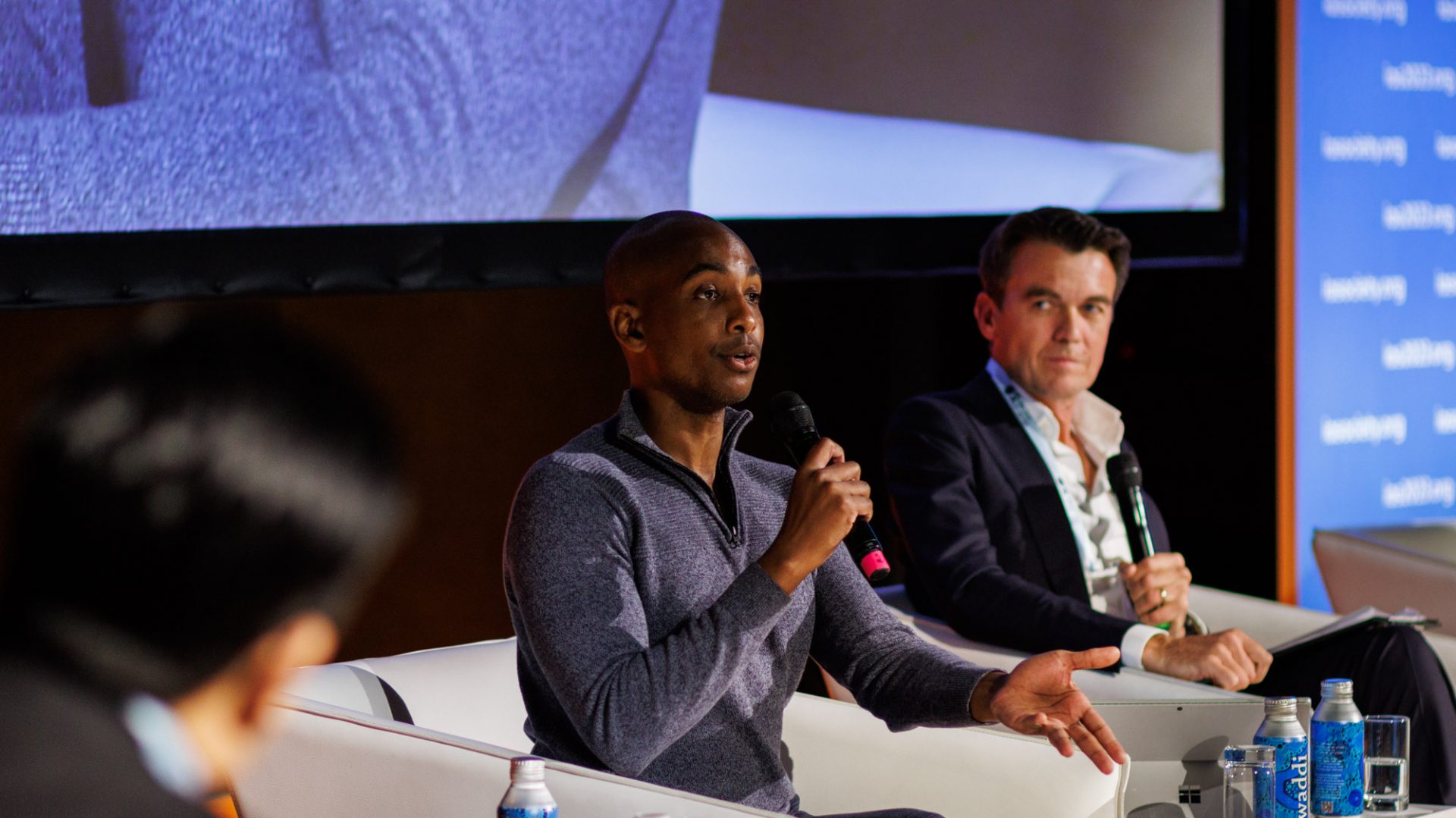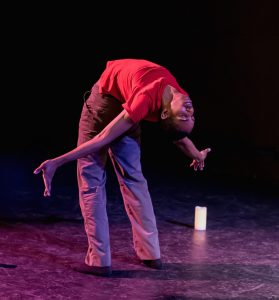
Let’s take a step back to look at how I got here. I moved to New York City in 2001 to study dance and theatre. After ripping my hamstrings while over-stretching, I spent two years re-learning how to walk, rejoined dance classes and launched a performance career that included performing with numerous companies across the world, modeling, writing and performing in my own award winning plays, and producing the work of others.
After being diagnosed with HIV in 2015, I shifted into writing, first as a dance critic. Within a year of my coverage, numerous press agents began contacting me, asking that I write about theatre as well because they enjoyed reading my reviews. As one press agent told me, “A bad review from you is worth more than a good review from other writers because you actually engage with the work and take it seriously.”
  Whether or not that was true mattered little to me. Instead, I focused on my writing philosophy and why I thought it might resonate with others: “Being a critic means having a conversation with someone I will likely never meet, over something we both love, deeply.” That means talking to readers instead of lecturing them, giving a bit or reportage, discussing how successful the art was, explaining why I felt a certain way, and providing context for where the work sits in relationship with our society.
 Whether or not that was true mattered little to me. Instead, I focused on my writing philosophy and why I thought it might resonate with others: “Being a critic means having a conversation with someone I will likely never meet, over something we both love, deeply.” That means talking to readers instead of lecturing them, giving a bit or reportage, discussing how successful the art was, explaining why I felt a certain way, and providing context for where the work sits in relationship with our society.
I avoid writing “thumbs up, thumbs down” reviews. I focus on whether a work was successful, based on the logic I’m receiving from its creator. I also report on how the audience responded to a performance, especially if it didn’t appeal to me. For instance, a common closing line in my negative reviews of shows that the audience loved is, “Contrary to my opinion, the audience gave it a standing ovation. Perhaps they saw something I didn’t.”
The best writing I’ve encountered leaves me bursting with questions and excited to see a show. This is what I hope to inspire in readers: insatiable curiosity. The desire to decide for themselves and to discuss what they have discovered. After reading my words, I hope you come away feeling equally moved.
As a health journalist, the best writing I’ve encountered has left me feeling informed and empowered to achieve optimal outcomes for myself. When I write about health, I think about everything that I needed to know after I was diagnosed with HIV and that no one told me. I write with the understanding that something I publish might save someone’s life or spare them the pain I suffered while trying to access treatment. It’s a heady responsibility, but as a member of this vibrant community, I am proud to carry it. If my writing helps you, I hope you’ll share it with the people in your life.

